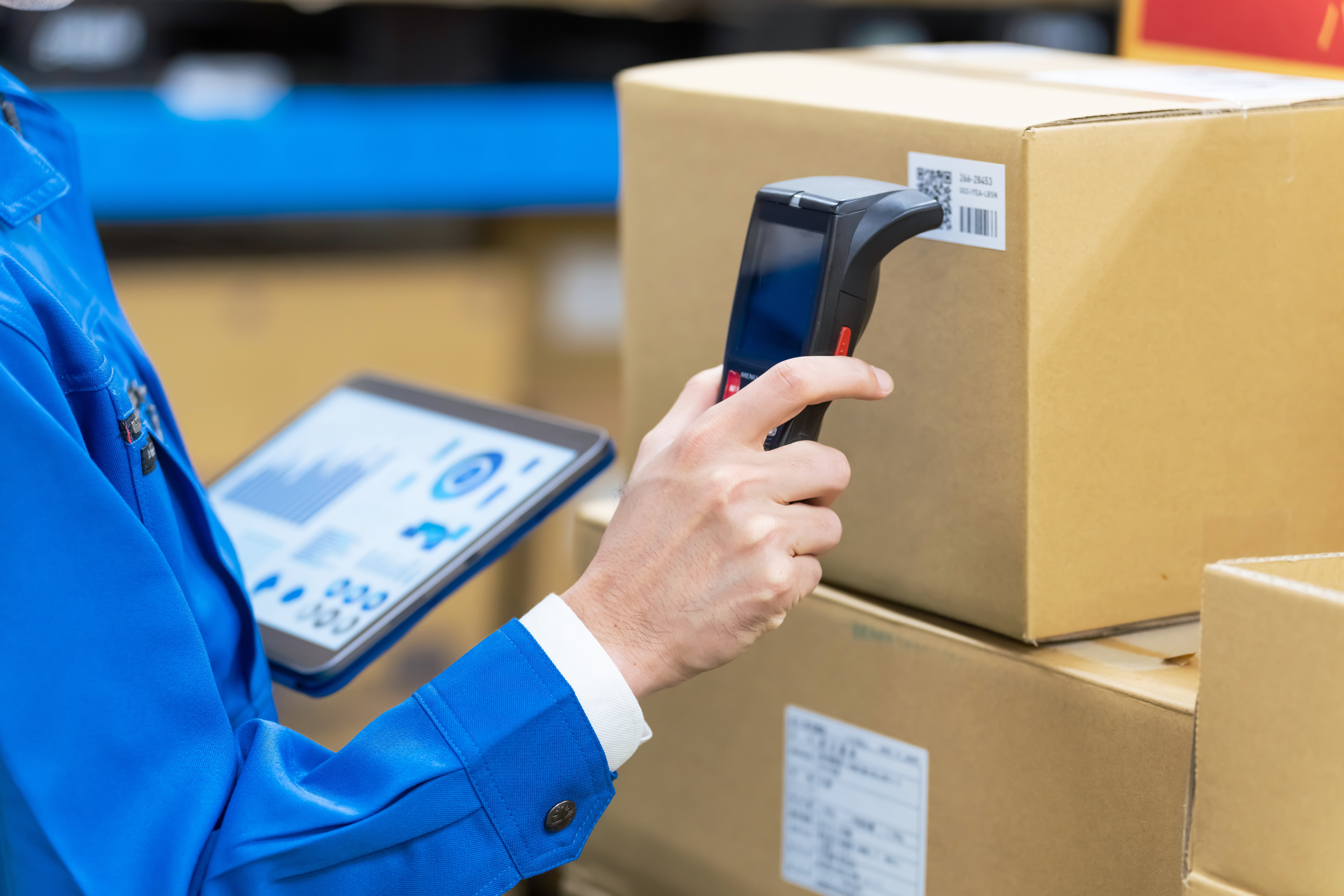Understanding Amazon Sales Tax
October 8, 2025

If you sell on Amazon, chances are you’ve wondered about sales tax: who handles it, when it’s charged, and how much it impacts your business. In this guide, we’ll answer common questions like:
- Does Amazon charge state sales tax?
- Does Amazon collect sales tax for sellers?
- How much is Amazon sales tax?
- What should you be doing about it?
Does Amazon Charge State Sales Tax?
Yes—but only in states that require it. Amazon calculates and applies sales tax at checkout based on the buyer’s shipping address. The exact rate depends on local laws, which can include state, city, and county taxes.
Does Amazon Collect Sales Tax for Sellers?
Yes—in all U.S. states that charge statewide sales tax.
Thanks to Marketplace Facilitator Laws, Amazon is legally required to collect and remit sales tax on behalf of third-party sellers in every U.S. state with a statewide sales tax. That means for those orders, Amazon:
- Calculates the correct tax rate
- Adds sales tax at checkout
- Remits the tax directly to the state
If Amazon is collecting on your behalf, you generally don’t need to:
- Manually calculate or collect sales tax
- Set up sales tax collection in your Amazon settings
- Remit that tax to the state yourself
However, if you have nexus in a state through other sales channels or physical presence, you may still be required to register and file returns, even if Amazon is collecting and remitting the tax.
Sales Tax Exempt States and Edge Cases
As of 2025, Amazon covers all U.S. states with sales tax—but there are a few exceptions and special scenarios to understand:
States with No Sales Tax
- Delaware, Montana, New Hampshire, and Oregon have no state or local sales tax.
- If you sell to customers in these states, you are not required to collect or remit sales tax, and no action is needed.
Local Jurisdictions in Alaska
- Alaska has no statewide sales tax, but many cities and boroughs charge local sales taxes.
- Amazon does not consistently collect these local taxes.
- If you have nexus in a specific Alaska jurisdiction, you may be responsible for registering and filing locally.
U.S. Territories (e.g., Puerto Rico, Guam, U.S. Virgin Islands)
- These territories have separate tax systems, not governed by U.S. state law.
- Amazon does not automatically collect sales tax for them.
- If you sell into these territories and establish nexus, you may need to manually register, collect, and remit sales tax according to that territory’s rules.
What Is Sales Tax Nexus—and Why It Matters
Nexus means a business presence in a location that creates a tax obligation. You might have nexus in a state (or jurisdiction) if you:
- Store inventory in an Amazon FBA warehouse
- Reach a state’s economic threshold (usually based on sales volume or transaction count)
- Have a physical office, employee, or affiliate presence
Even if Amazon collects the tax, you may still need to register and file with the state if your business has nexus there—especially if you also sell through other platforms like Shopify or your own website.
What Should Amazon Sellers Do?
Here’s how to stay compliant—even if Amazon handles most tax collection.
1. Confirm Where Amazon Collects for You
Amazon publishes a list of Marketplace Facilitator states in Seller Central. Check this regularly to ensure coverage.
2. Identify Where You Have Nexus
Use Amazon FBA inventory reports and track total sales by state or jurisdiction. Economic nexus thresholds vary by state, so keep an eye on both revenue and order count.
3. Register Where Required
If you have nexus—even in states where Amazon collects—you may still need to register and file. Many states require a zero-dollar return just to confirm compliance.
4. File Sales Tax Returns
Check with each state’s Department of Revenue. Some require returns even if Amazon remits tax on your behalf. Others don’t.
5. Watch for Non-State Obligations
If you sell to Alaska local jurisdictions or U.S. territories, you may need to handle tax manually in those areas, depending on your nexus status.
6. Consider Tax Automation Tools
If you sell across many states or through multiple platforms, tools like TaxJar, Avalara, or Taxify can help automate nexus tracking, registration, and filing.
Stay Compliant Without the Guesswork
So, does Amazon collect sales tax for sellers? Yes—in all states that charge it. But that doesn’t mean you’re off the hook.
You’re still responsible for:
- Knowing where you have nexus
- Registering in states or jurisdictions that require it
- Filing returns, even if Amazon collects
- Tracking tax laws across states, cities, and territories
Sales tax is simpler now than it was a few years ago—but it still requires attention. Staying informed and organized is the best way to keep your Amazon business compliant and stress-free.
View More Insights
Ready to scale your business?
Talk with one of our ecommerce experts.



